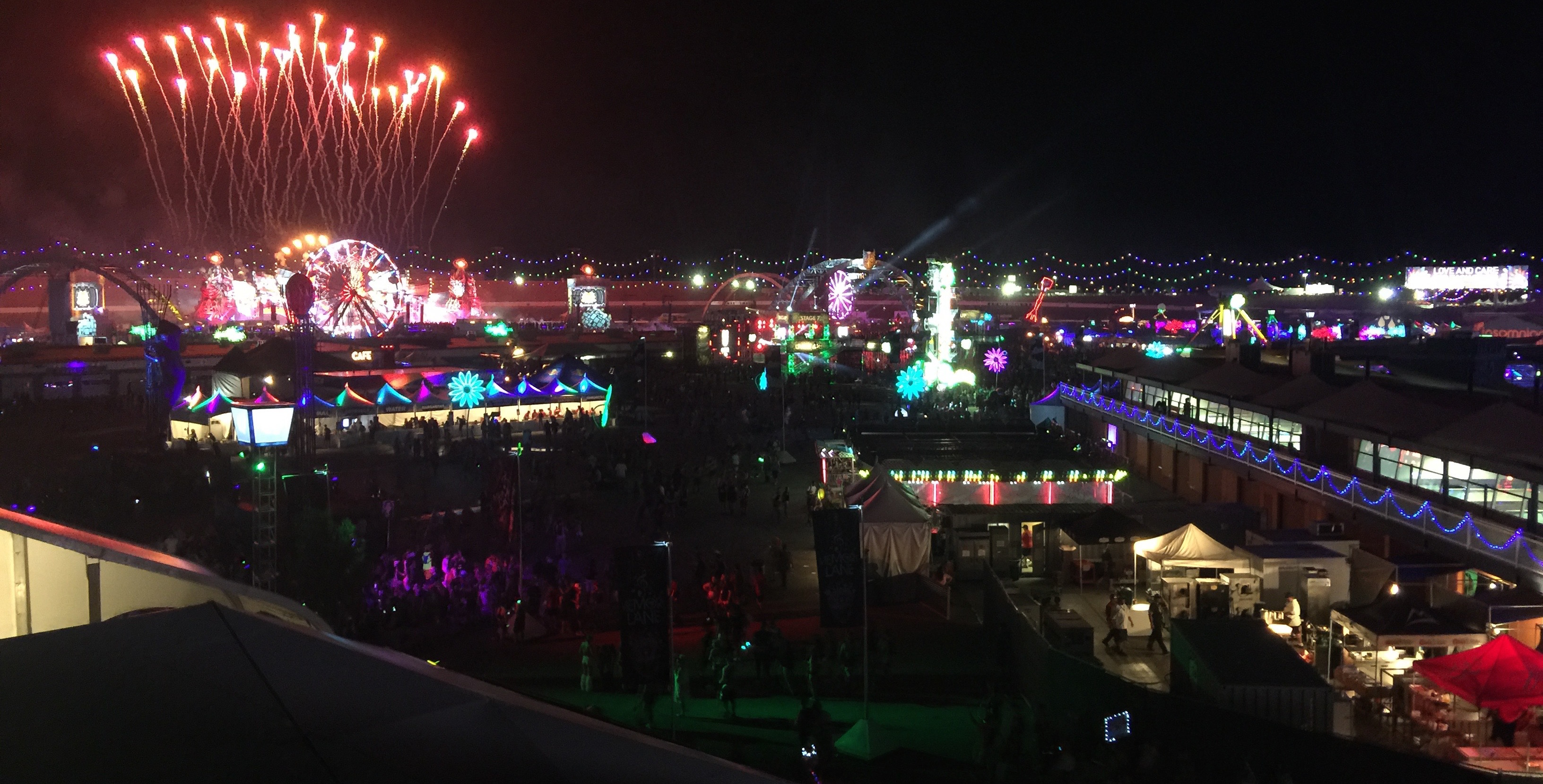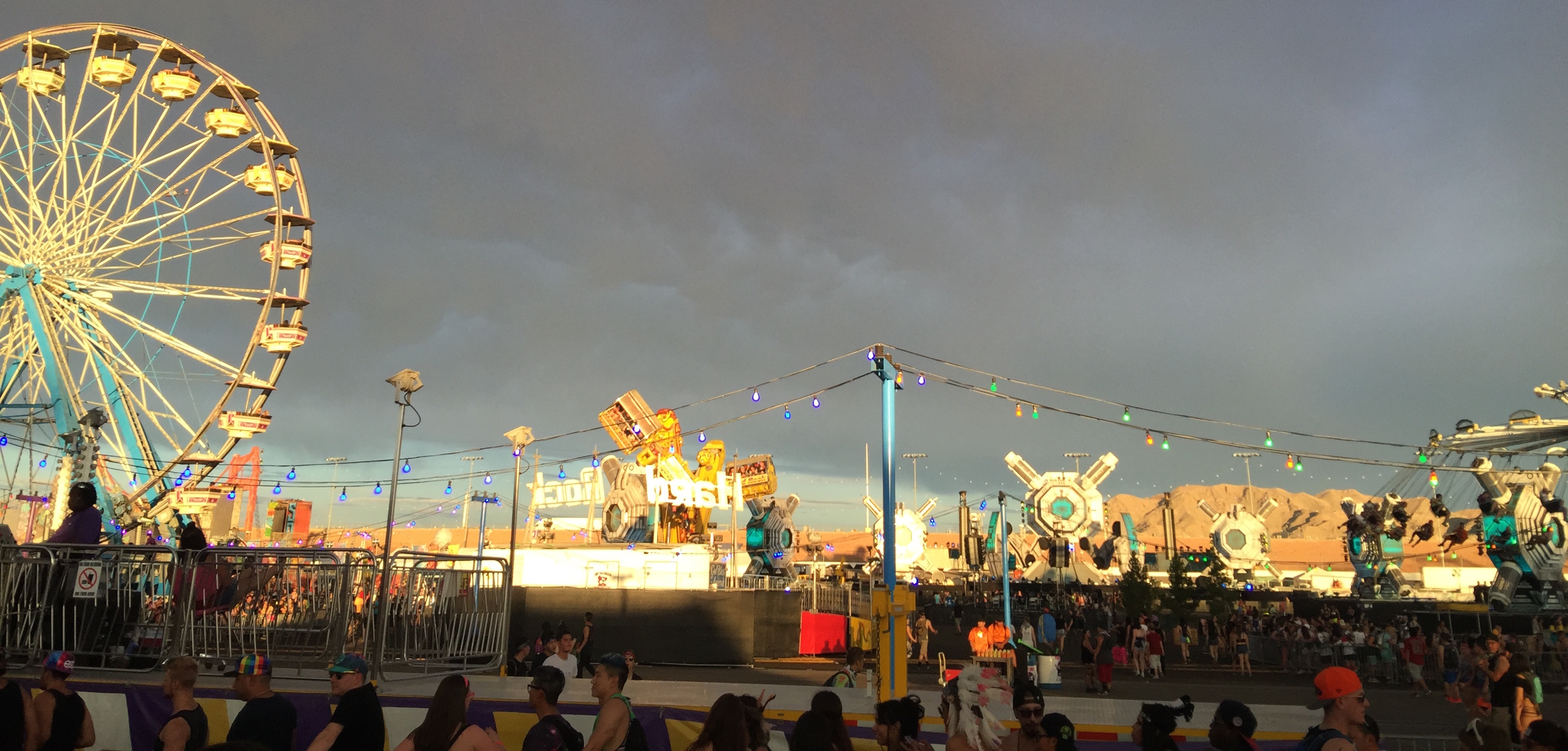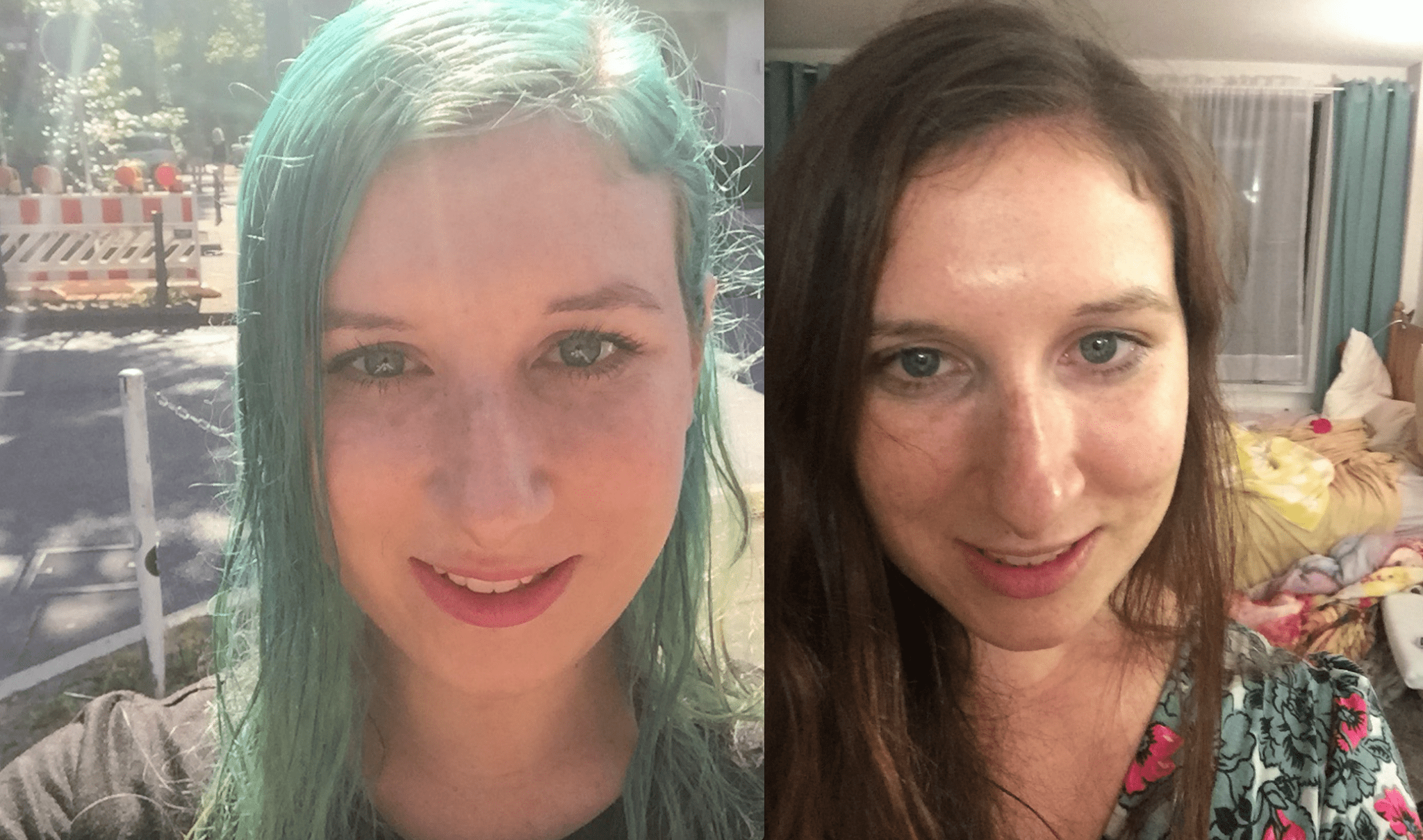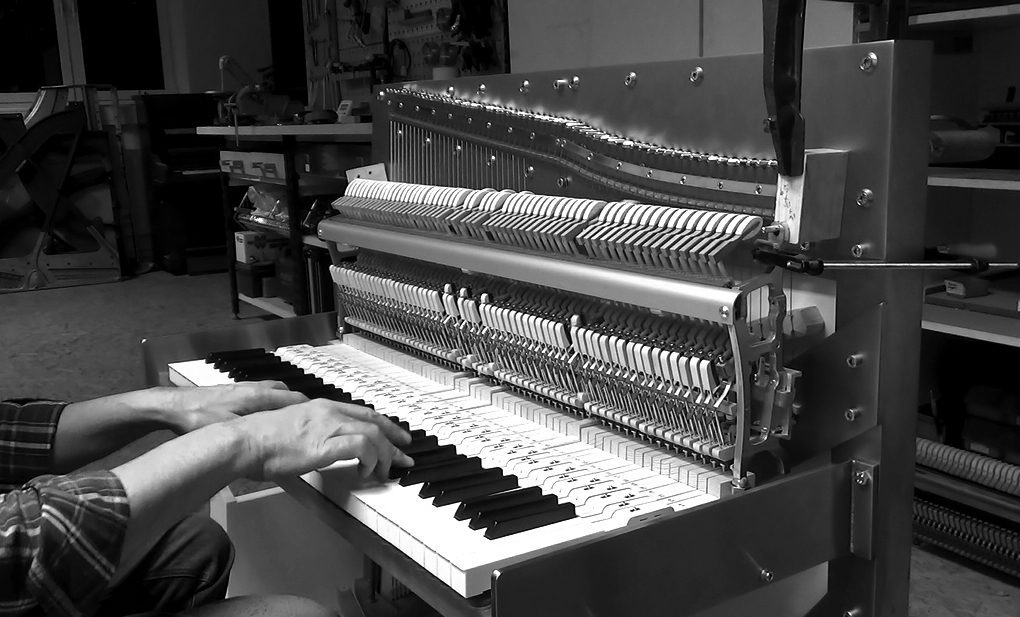WOMAN OF INTEREST: The Evolution of Chelsea Handler
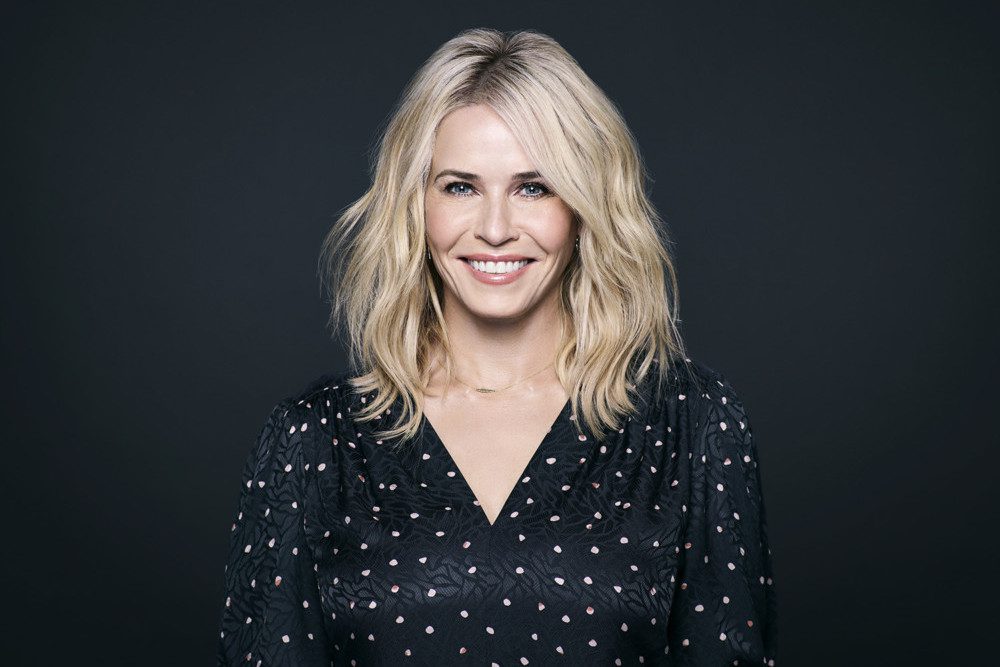
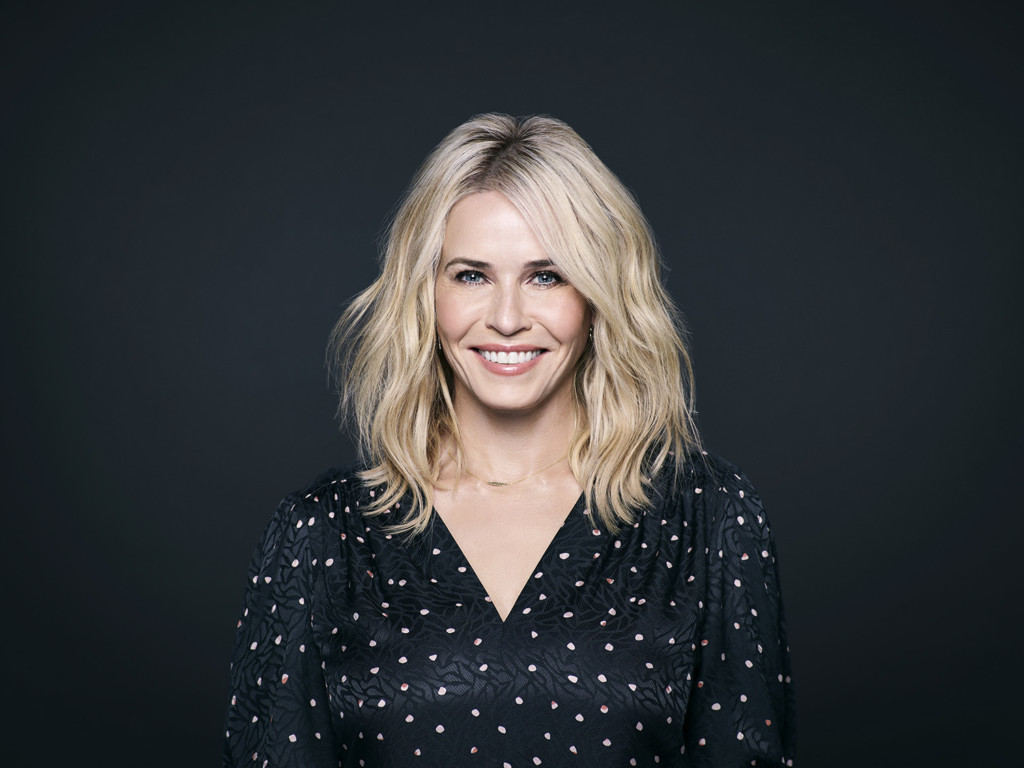
While the concept of personal growth has become more and more ubiquitous – NPR reported last year that millennials spent twice as much as boomers on self-care essentials like workout plans, diet regimens, and therapy – the reasons for this welcome shift in focus to mental and physical health remain less obvious. One hypothesis is that the volatile political climate makes people feel as though they have little control over the course of their lives, and they’re searching for solace wherever they can find it; we cannot control the Trump administration rescinding regulations put in place to mitigate the existential threat of climate change, but we can control whether or not we make it to the 8am yoga class. As these larger cultural reckonings inspire shifts in our personal priorities, we’ve gravitated toward behaviors that promise greater emotional well-being and work with more efficacy than more traditional band-aids like boozing, drug abuse, and casual sex.
But what if these traditional band-aids are your creative calling card? Stand-up comic, actress, TV host, and writer Chelsea Handler has made a name for herself sharing these types of exploits like an open book, one-night stands and DUIs serving as punchlines. But as of late, through a vigorous self-care practice, Handler has seen a shift in her priorities and the way she approaches her work. She recently published a memoir, Life Will Be the Death of Me, which she has developed into a one-woman show that comes to New York and New Jersey this coming weekend. Though Handler is celebrated for an irreverent sense of humor that fearlessly confronts sex and partying, this new work dives deep into her inner world in a different way. It tells her story of overcoming childhood trauma – namely the death of her older brother in a hiking accident when she was only nine years old.
Handler has never been one to shy away from tough conversations, identifying her brash honesty as one of her most quintessential personality traits when we speak to her over the phone. “First of all, anyone who knows me knows that they can rely on me for the truth, not some glossy finish of it,” she says. And yet, one wonders if sharing the gory details of her sex life feels the same as sharing more intimate, painful secrets. She sees little meaningful difference here; regardless, she always tries to be as forthcoming as possible as a means to find shared experiences, finding solace for herself or offering that space to others. “It’s just liberating to talk about the truth – any time that I want to share [my experience], it’s just because I’m kind of ringing the bell, like ‘Is anyone else dealing with what I’m dealing with?’” she explains. “And it turns out we all are! From the response alone to the book, it’s made me realize we’re all dealing with the same stuff. No one gets through childhood or adulthood without any trauma, grief, or loss. It’s just impossible.”
Humor, as a means of coping with grief and loss, can be a form of self-care in and of itself. It’s why we oftentimes find ourselves laughing at a wake, sharing stories and fond memories of our dearly departed as a way of recognizing the fullness of human experience. Life is far too complex to be purely humorous or humorless, a realization Handler had as she went on the initial book tour for the memoir. “I never thought I wanted to do stand-up again until I started doing this book tour, and then I was on stage being interviewed, telling all these stories, and it was just like doing stand-up,” she says. “It highlights how ridiculous it all is and how silly it all is and how we can laugh at ourselves in the darkest of times. And how hilarious death can be if you just give it a minute.” This was the genesis of her one-woman show: combining the concept of the book tour and more traditional stand-up comedy into one performance in which she expands upon brief readings of her published words. She’s calling it her Sit-Down Comedy Tour.
Handler’s growth as a person, writer, and performer these last few years has extended beyond the realm of overcoming personal grief; she has carved out a space for herself as a political activist as well. Following the 2016 election she left behind her eponymous Netflix talk show to focus on activism full time, devoting herself to issues like reproductive rights and gun control. When asked how the 2020 election would fit into her newly conscious mindset and self-care regimen, she cited her burnout after the midterms and emphasized the importance of self-preservation. “It’s about finding a balance in my life and not chasing it around like a squirrel chasing around its own tail, or a cat, or whatever animal chases its own tail,” she says. To that end, she had to remind herself to “take some time for yourself, get your head on straight, and take a break from all this so that you’re not talking about the same candidates for two years… Everything I’m saying is such a cliche because it’s true.”
Even still, this resetting of priorities has allowed her to explore new topics in her work. She just finished shooting a documentary about white privilege (her own, she specifies) that will premiere on Netflix in September. It all comes full circle, she says, when you do the hard work of figuring out who you are and why you are the way you are. “It’s kind of the work I was doing when I was writing the book – it’s just about learning more about everything!” she says. “After the election [I realized] I was so misinformed. [I started] digging and trying to find out why I’m so misinformed about what it means to be a person of color in this country, and how different my experience has been from anyone with any real struggle.”
This serves to underscore the importance of being mindful, of reawakening one’s self-awareness: outside of your own head, the larger context comes into play, as well as an opportunity to share the wisdom you have gained with others. Handler says that’s the main difference between sharing the material she used earlier in her career and the personal details she shares now, but she notes that both come from a place of openness.
In the rush of the upward trajectory she found through her first ten gigs, then her first ten arenas, and so on, she pointed out how easy it can be to lose this sort of mindfulness. “If you’re not being mindful or conscious of what’s happening, you lose sight of it all, and you’re not in it, and you’re not present,” she warns. “You can miss all the biggest moments because you’re too far up your own ass.”
Her desire to help others – and the desire to improve her own awareness – made her rediscover why she wanted to be a performer in the first place. “It’s been a long time since I loved it, since I’ve been loving being on stage, and being on this tour was the first time it came back for me!” she says. “And it totally makes sense. Of course I’m going to come back to the thing I love so much, because I’m in a different place now. But it feels good to be a fuller, whole-er person, too. You just want to spread that joy around. You’re like, oh my god, here! Everybody gather in, let me tell you what happened, this works! Meditation works! I didn’t want to do it either, but it works!”
With this in mind, Handler has evolved into a better version of herself, with the hope and intention to continue to grow. She will take Life Will Be the Death of Me through the U.S. and then onto the U.K. and Australia, and will eventually develop it into a television show about her relationship with her therapist, reminiscent of Curb Your Enthusiasm. Additionally, she’s developing her own line of cannabis products, which she says is coming out “just in time for the holidays, with your family,” as though she read my mind. Meditation and therapy can do wonders in terms of self-care, but mind-altering substances are still there when you need to take a more traditional route and treat yourself. Either way, as Handler says, “We all are going through it, and some of us are trying to be better, and some of us aren’t thinking about being better at all. Some of us are just trying to survive.”
Life Will Be the Death of Me: Chelsea Handler’s Sit-Down Comedy Tour arrives at the Wellmont Theater in Montclair, NJ on 6/28 and NYCB Theatre in Westbury, NY on 6/29. Enter to win tickets to the New York show here!


